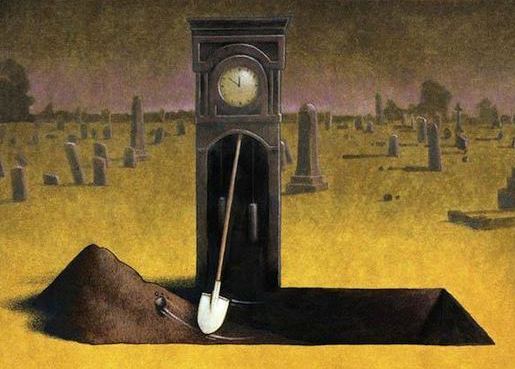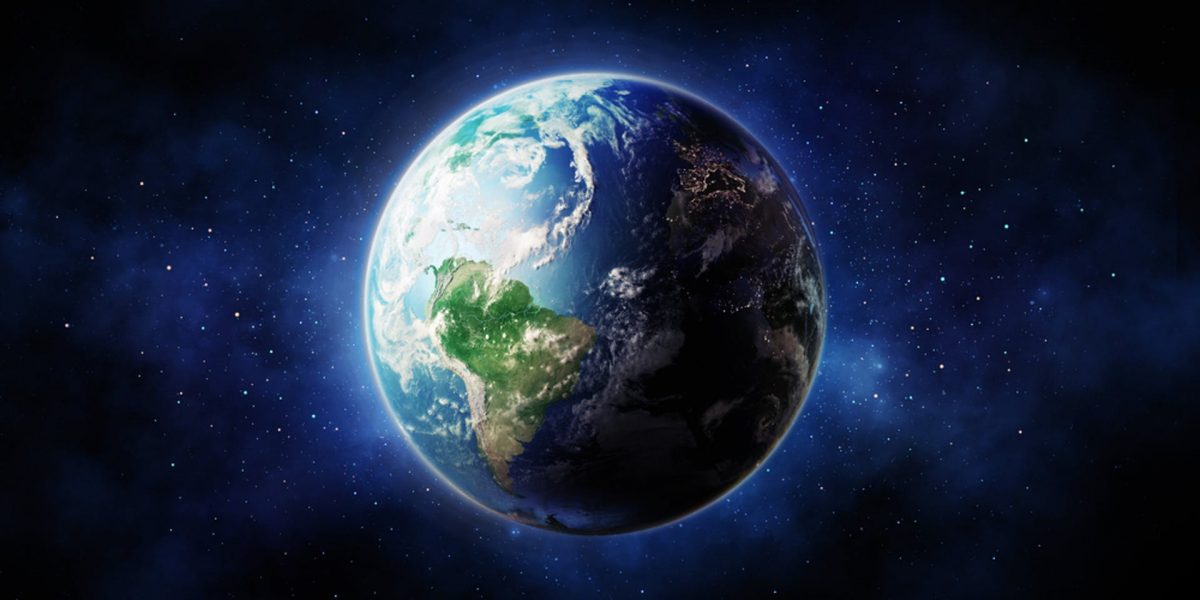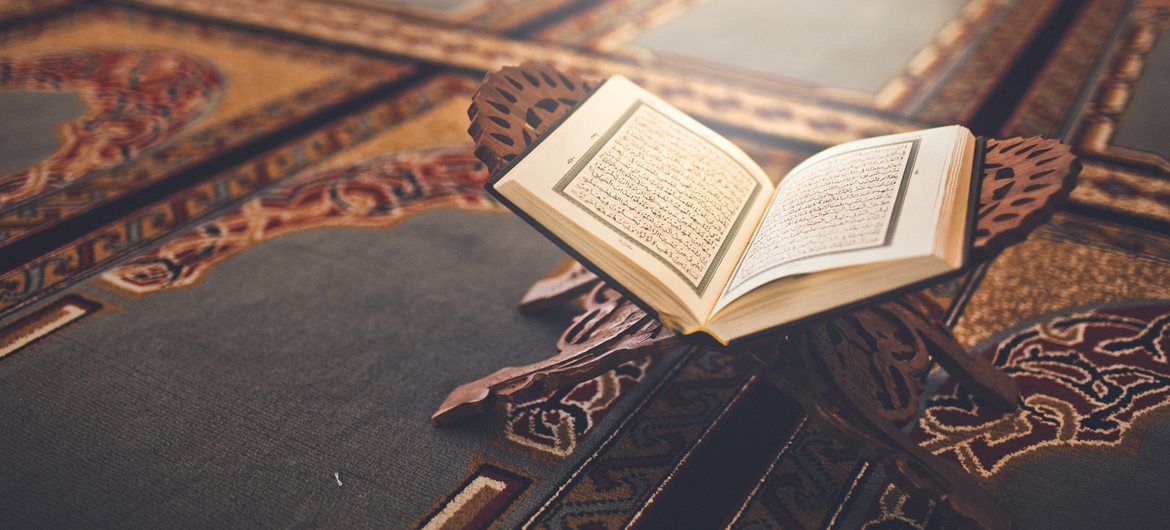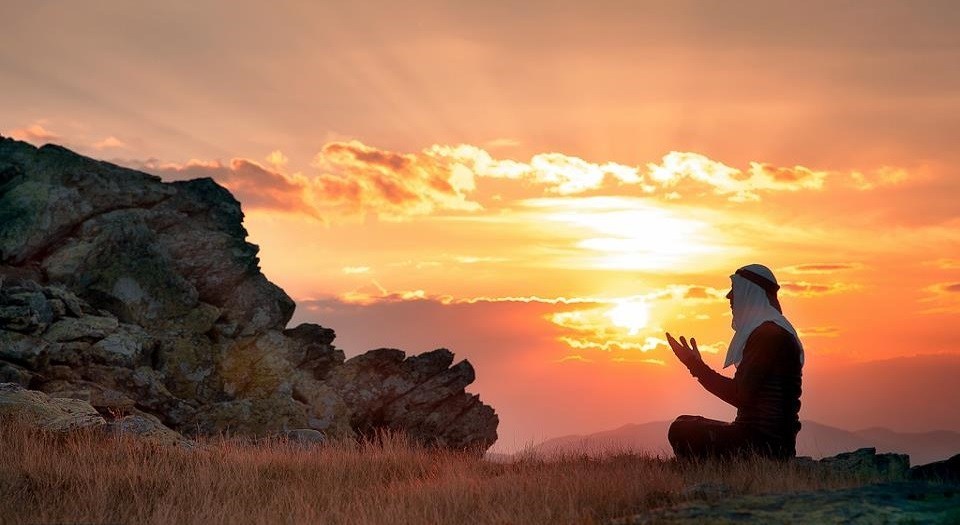بِسْمِ اللهِ الرَّحْمٰنِ الرَّحِيْمِ
One of the biggest fitnas of our time is the idea that we still have time. Many of us are living in the delusion that we still have a long way to go until judgement day. We hear people saying “some of the signs of judgement day haven’t happened yet”. We see the youth look at those who are older and assume that because those others have lived many more years, so will they. Allah says in the Qur’an:
“Indeed, Allah [alone] has knowledge of the Hour and sends down the rain and knows what is in the wombs. And no soul perceives what it will earn tomorrow, and no soul perceives in what land it will die. Indeed, Allah is Knowing and Acquainted.” [31:34]
He says only He has knowledge of the “hour” – the use of this word is interesting as Allah could have said “day” but instead uses the Arabic word “sa’a”. In modern Arabic this translates to “hour” – in old Arabic they used this word as a “moment”. This is to show us that we must have a sense of urgency, as a moment is much less than a day.
The hour here represents death as every living creature and plant will pass away – Allah says He knows when everything will end and will continue to provide life-giving rain which gives birth to everything on Earth just like the womb of a mother.
Allah then reminds us that we have no idea what we will earn the next day. We hear those around us saying that they will start praying their daily prayers soon or whenever they reach a certain age – “live your life, you’re still young” – we don’t know if we can earn that tomorrow.
Judgement day may seem far away, but every single soul’s judgement starts in the grave and that can happen at any time, on any land – certainly Allah is fully aware. The fact that we are alive right now is a blessing and a chance to fix our deen, before it’s too late.
May Allah make us of those who are weary of time in all aspects of our lives.
Allah knows best.





